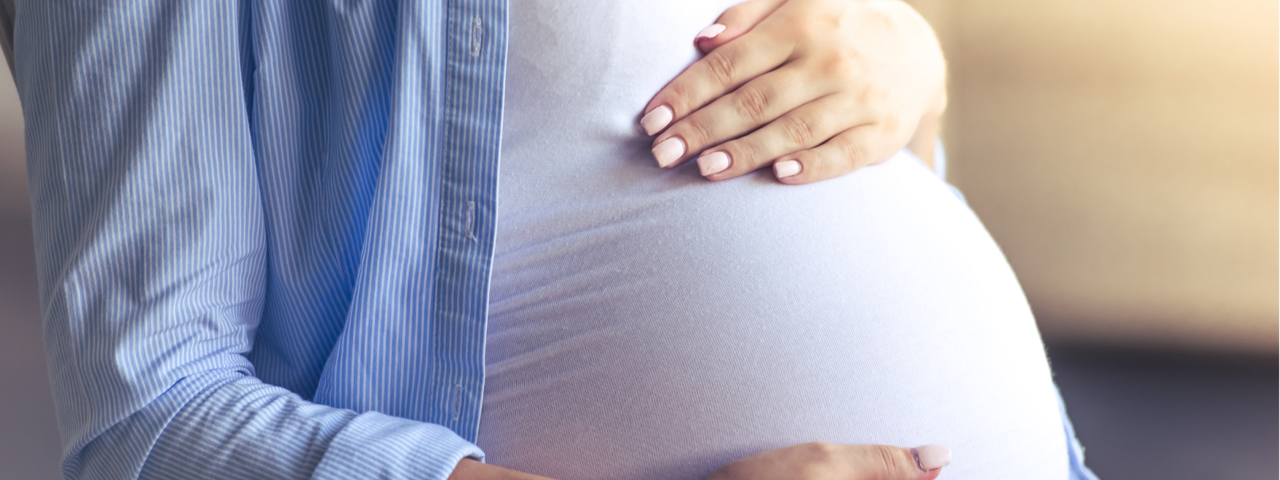Whooping cough (also known as pertussis) is an infection that causes long bursts of coughing and choking, making it hard to breathe. The ‘whoop’ noise is caused by gasping for breath after each burst of coughing.
Young babies don’t always do this which can make it difficult to recognise the disease. Whooping cough often lasts for 2 to 4 months. Babies under 1 year of age are most at risk from whooping cough. For these babies, the disease can be very serious and may lead to pneumonia and permanent brain damage. In the worst cases, it can cause death.

Whooping Cough Pregnancy Vaccinations
Whooping cough vaccination during every pregnancy boosts your antibodies which are then passed to your baby to help protect them from the day they are born. Act now to protect your baby against whooping cough from birth.
Book your vaccination
West Berkshire Community Hospital
Commonly Asked Questions
Whooping cough peaks every 3 to 5 years in the UK. Cases increased in all age groups across the country from late 2023 continuing into 2024.
You will normally receive your whooping cough vaccine around the time of your mid-pregnancy scan (usually 20 weeks) but you can receive it from 16 weeks.
To give your baby the best protection, you should try and get the vaccine before 32 weeks but if you have missed out you can still have it later. It may be less effective if you have the vaccine close to when your baby is born.
You can even have whooping cough vaccine after you give birth. You can have it up to 8 weeks after your baby is born, until they are old enough to get their first vaccines. This can help protect you from whooping cough infection, so reducing the chance of you giving the infection to your baby.
The vaccine you will be offered, ADACEL, also protects against diphtheria and tetanus. All the parts of the vaccine are not live (inactivated) and can be safely given in pregnancy. You can read the ADACEL leaflet here: www.medicines.org.uk/emc/product/15553/pil#about-medicine
Yes, this vaccine is safe to have during pregnancy. Studies in the UK and from around the world have shown the whooping cough vaccine is very safe for you and your baby. Many countries in Europe, America, Australia and New Zealand also recommend whooping cough vaccine in pregnancy. The Medicines and Healthcare products Regulatory Agency (MHRA) in the UK completed a large study of the safety of the vaccine in pregnancy in 2014. This study, including nearly 18,000 vaccinated women, found no risks to pregnancy associated with the vaccine, and rates of normal healthy births were the same in vaccinated and unvaccinated women. The whooping cough vaccine is not a live vaccine so it can’t cause whooping cough disease in you or your baby. It’s safer for you to have the vaccine than to risk your newborn baby catching whooping cough.
You may have some mild side effects from the vaccine that are common, such as swelling, redness or tenderness where the vaccine is given.
Serious side effects are extremely rare. There are no safety concerns specific to having the vaccine during pregnancy. Any suspected side effects can be reported to the MHRA yello card scheme.
The antibodies (protection) you develop from having the vaccine will be passed to your baby through the placenta. This will help protect your baby in their first vulnerable weeks of their life until they are old enough to have their own vaccine at 8 weeks of age.
Babies are routinely offered whooping cough vaccines at 8, 12 and 16 weeks of age.
You can read all about infant vaccinations at www.gov.uk/government/publications/a-guide-to-immunisations-for-babies-up-to-13-months-of-age
No vaccination is 100% effective at preventing disease and studies in the UK since the beginning of the programme have shown that the vaccine is around 90% effective at protecting your baby from whooping cough, until they can have their first whooping cough vaccine. If they do catch whooping cough it should be less severe.
Unfortunately, there is no other effective way to protect your baby. In recent years, most of the whooping cough deaths in the UK have been in very young babies before they were old enough to have their first whooping cough vaccine.
Any protection you may have had from having whooping cough or a previous vaccine is unlikely to provide good protection to your baby. Having the vaccine during every pregnancy means you will boost your antibody levels. These will then be passed to your baby so they should have good protection in their first few weeks of life, when whooping cough is most serious.
Your baby can only have their first whooping cough vaccine when they reach 8 weeks of age. They are not given their whooping cough vaccines earlier as they may not respond as well. Babies need 3 doses of the vaccine to build up full protection.
Breastfeeding cannot provide enough protection for your baby against whooping cough even if you had a vaccine or whooping cough disease in the past.
Having your whooping cough vaccine on time will help protect your baby from birth through their first weeks of life. Your baby will still need the full course of 3 routine whooping cough vaccines from 8 weeks of age to protect them until they have their pre-school booster dose 3 years later.
